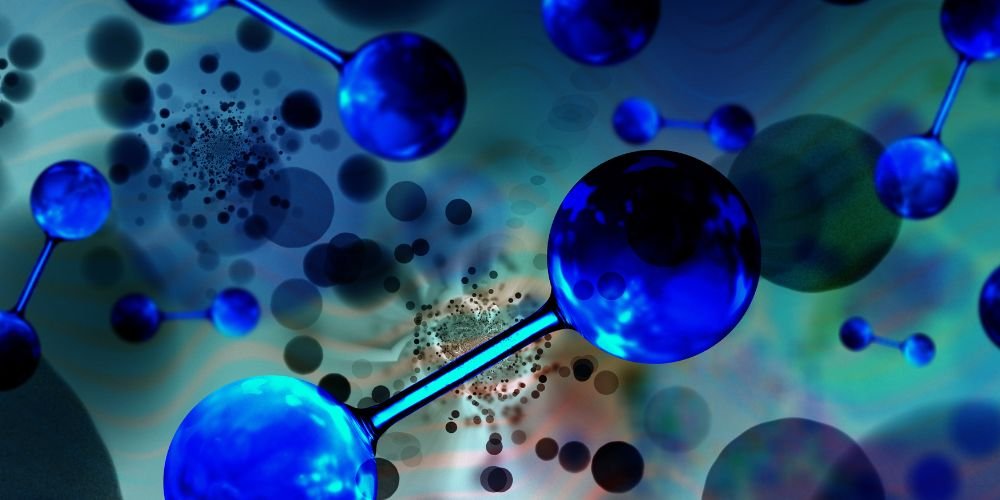As we stand at the threshold of a new era, we must explore nanotechnology’s far-reaching implications and possibilities for humanity. Nanotechnology, the manipulation of matter at the nanoscale, has made significant strides across sectors, from medicine and electronics to energy and materials science.
One of the most compelling aspects of nanotechnology is its potential to revolutionize healthcare. Imagine a future where cancer can be detected and treated at its earliest stages with pinpoint precision. Nanoparticles engineered to deliver drugs to specific cells could reduce side effects and increase treatment effectiveness. Furthermore, diagnostics and imaging techniques could be significantly improved through the development of nanoscale materials and devices, enabling earlier disease detection and more accurate monitoring of health conditions.
In the world of electronics, nanotechnology promises smaller, faster, and more energy-efficient devices. As Moore’s Law continues to drive the demand for smaller transistors and more powerful computer chips, nanoscale materials such as carbon nanotubes and graphene offer a promising path forward. These materials exhibit exceptional electrical and thermal properties, enabling the development of highly efficient, compact electronic components.
The energy sector is also ripe for transformation through nanotechnology. The quest for cleaner, more efficient energy sources is paramount to addressing global challenges like climate change. Nanotechnology offers advanced materials for more efficient solar panels, improved energy storage devices, and enhanced catalytic processes for cleaner fuels. These innovations could usher in a new era of sustainable energy production and consumption.
Beyond healthcare, electronics, and energy, nanotechnology is making waves in materials science. Researchers are creating stronger, lighter, and more durable materials with once-thought-impossible properties. Applications range from the aerospace and automotive industries to construction and textiles, promising safer, more efficient products. However, with great power comes great responsibility.
The potential risks and ethical considerations of nanotechnology cannot be overlooked. As we delve deeper into manipulating matter at the nanoscale, questions regarding safety, environmental impact, and unintended consequences must be addressed proactively. Robust regulations and ethical frameworks are essential to ensure that nanotechnology is harnessed for the greater good.
Nanotechnology holds immense promise and potential. It is a testament to human ingenuity and our capacity to push the boundaries of science and technology. It’s exciting to think about how technology could tackle the world’s biggest problems and enhance our daily experiences beyond what we can envision.







